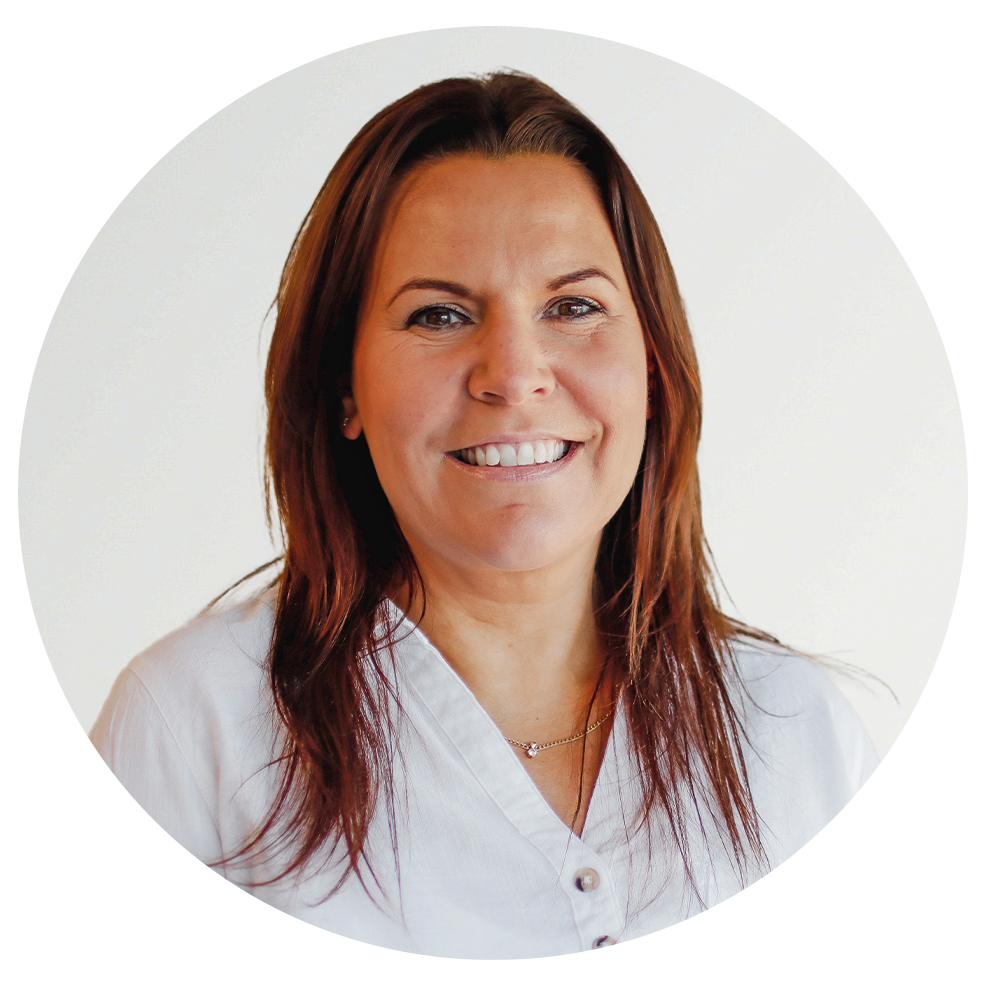Moisture lesions vs pressure ulcers, How can you tell the difference?
Classifying wounds can be a difficult concept. This webinar is designed to help guide healthcare professional to determine the difference between moisture lesions and pressure ulcers. This session will also include the categorisation of pressure ulcers
Learning Outcomes
- To revisit the structure and function of the skin
- To understand the cascade of events that lead to pressure and moisture damage
- To gain more in depth understanding of the difference between moisture lesions and pressure ulcers
- To understand categories of pressure ulcers
Meet our Experts

Sarah has always had a keen interest in Tissue Viability since becoming a registered nurse in 2002. Her experience varies from within a community setting, where she completed her Tissue Viability based degree in 2007. She then worked within the private sector to gain additional advanced wound care skills whilst working with a medical devices company specialised in wound healing. In 2010, Sarah became a Tissue Viability Nurse and shaped a specialised service within the acute sector for 7 years before returning to the community setting as a TVN.
People who watched this also watched...
A manual handling adviser in Malawi
A long ambition was realised in February 2023 to volunteer with a charity that supports children and adults abroad. Being part of a team dedicated to improving the health and wellbeing of fellow human beings is both an honour and delight. Two weeks can change your life forever and be the start of a long term inspirational collaboration in a far off continent.
OT Week: 24 hour postural care
With RCOT’s OT week this year focusing on ‘prevention and early intervention’, this webinar will look closely at identifying the risks for individuals if their posture starts to change. We will discover how early intervention can help support and maximise our patient's independence and function, and in-turn greatly reduce risks of secondary health complications.
Clinical justification equipment request forms: the benefits, skills and reasoning behind this essential process
In this webinar we explore why clinical justification is such an essential part of Occupational Therapy and how we can view this often dreaded process in a more positive way.


